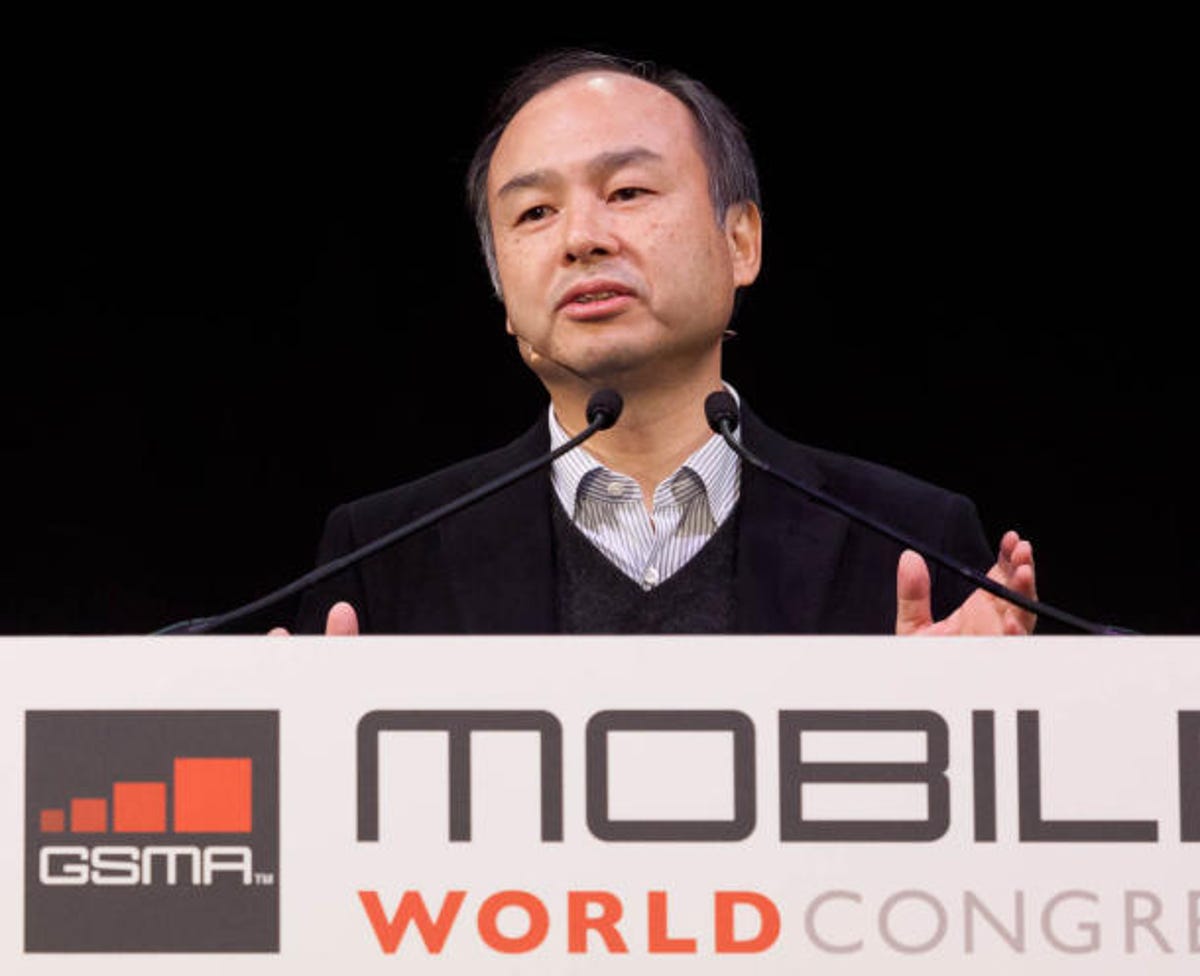
Stephen Shankland/CNET
Fast mobile connection speeds, coupled with a strong third wireless carrier, could help improve US competition, not hurt it, SoftBank’s CEO plans to argue in Washington this week.
SoftBank CEO and Sprint chairman Masayoshi Son will speak to policymakers on Tuesday and argue that if wireless carriers grow in size and invest in faster, more reliable data service, competition in the US home broadband market would intensify, Bloomberg reported on Monday, citing people who claim to have knowledge of Son’s plans.
Related stories
- T-Mobile Laying Off More Workers Post-Sprint Merger
- Mint Mobile, Xfinity Mobile, Google Fi, Visible: Which Wireless Networks Do Smaller Providers Use?
- I’m Racing My Own Son for $1,000 Because I Am an Idiot
- Not All 5G Is the Same: All the Flavors and Names Explained
- US Carriers Waive Fees for Customers Who Need to Call Ukraine
Son won’t specifically lobby for a Sprint-T-Mobile merger, the report claimed, but the subtext of that talk shouldn’t be too difficult for the attendees to pick up on.
Related storires
- Why Sprint’s push for a T-Mobile merger will likely be in vain
- Sprint chairman to make plea for T-Mobile merger, despite concerns
- US sues Sprint for allegedly overcharging on wiretaps
Son has been quietly considering making an acquisition bid for T-Mobile USA. Japan-based SoftBank has a controlling interest in Sprint, the third-largest mobile carrier in the US, and would like to expand its presence in the US through the help of T-Mobile, the fourth-largest carrier. However, competition watchdogs have argued that a merger would hurt competition in the wireless space and limit consumer choices.
Although it was believed that Son would use his discussion to argue against that point, he’s reportedly now decided to turn to home broadband where most consumers have only one or two choices for in-home Internet access. A stronger wireless carrier that invests in fast broadband could conceivably be an alternative to companies like Comcast, Time Warner Cable, and Verizon FiOS, Son will reportedly argue.
The sleight of hand might be a tough sell. After the FCC struck down any chance of AT&T merging with T-Mobile, arguing it would tip the balance of power against consumers, it seemed unlikely that any other merger would be approved. Son hopes by making an alternative competition argument, he can change his luck. The FCC, however, might have other plans.



